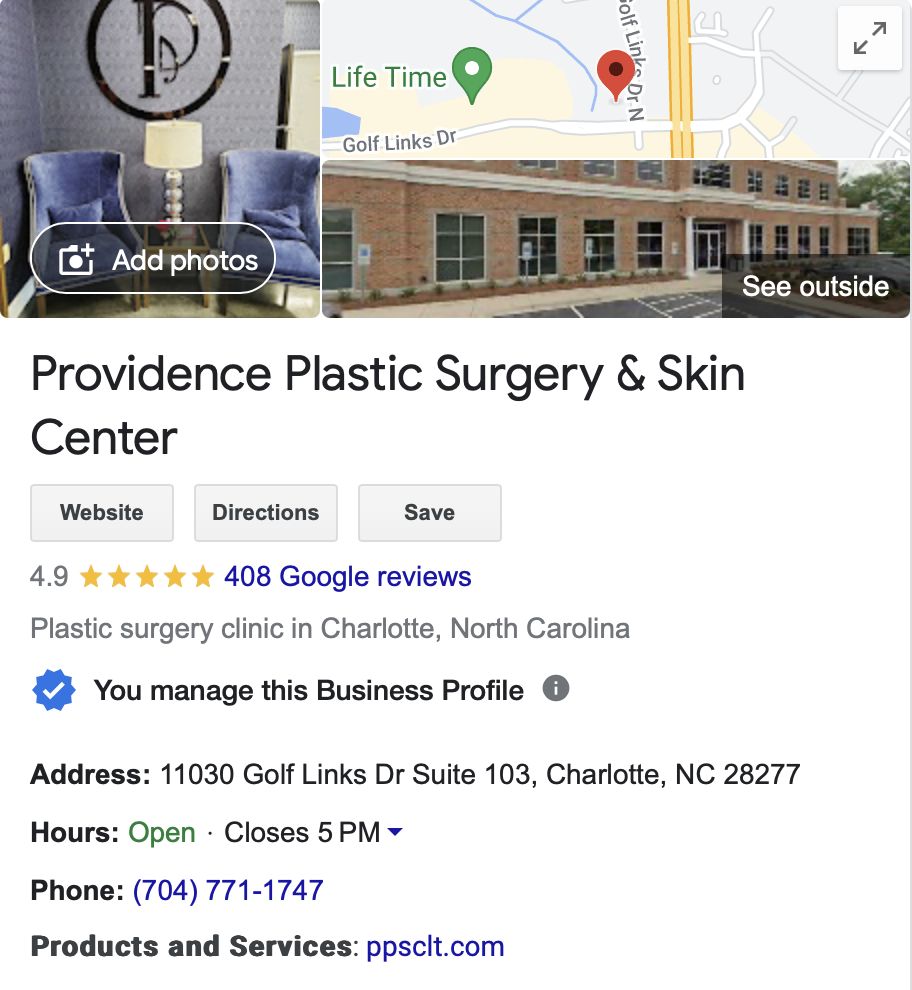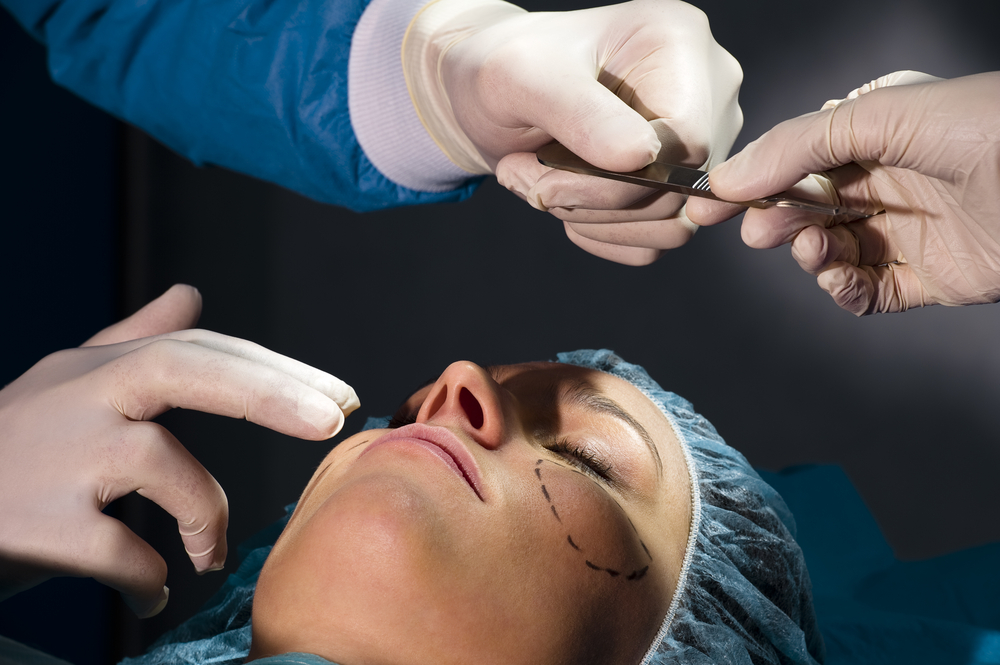When it comes to entrusting your health and well-being to a medical professional, it’s crucial to ensure they have the right qualifications and expertise. One important credential to look for is board certification. In this guide, we will delve into the significance of board certification, particularly in the context of surgeons.
Many of you have seen men and women who received plastic surgery and came out looking better as a result. We’ve also heard horror stories of those whose cosmetic surgeries were “botched,” with either unsatisfactory results, deformities or worse.
How can you make sure you don’t end up on the wrong side of surgery? It comes down to doing your due diligence and research prior to having any plastic surgery procedure. The best way to get positive results is to make sure you’re choosing an experienced, reputable surgeon, who is safe and consistently procedures good outcomes.
There are many layers to this due diligence process, including online research, in-person consultation with the surgeon, and reviewing surgical before & after photos. In addition, we recommend only using plastic surgeons certified by the American Board of Plastic Surgery.
Table of Contents
ToggleWhat is Board Certification?
Board certification is a voluntary process that healthcare professionals undergo to ensure certain standards of competency and knowledge in their field. For surgeons, board certification is a testament to their advanced training and skills and commitment to excellence.
To become board-certified, surgeons must meet specific eligibility criteria, which often include completing an accredited residency program, obtaining a valid medical license, and demonstrating a commitment to continuing education. The requirements may vary depending on the specialty board. For plastic surgery, this involves a rather extensive process that includes a written examination, followed by an oral examination that looks at both personal cases and answering questions on unknown cases. This is far more extensive than most other surgical and medical specialties.
When we talk about “board certified plastic surgeons,” we’re talking specifically about the American Board of Plastic Surgery. While there are other accreditation boards out there, this is really the one that carries the most weight, is the strictest, and requires not only an extremely high level of training and experience to apply, but also to maintain and keep certification.
The American Board of Plastic Surgery will validate that your surgeon has received the highest level of training from a respectable organization. Indeed, Board Certified plastic surgeons have all proven themselves to possess a high level of technical knowledge; rigorous standards of ethics; and the utmost care for patient health and safety.
You can consider Board certification a kind of warranty for your surgeon’s ability—and we would not recommend ever pursuing a cosmetic procedure from any surgeon who’s not a Board-Certified plastic surgeon.
Before forewarned: in the realm of cosmetic surgery, there are many non-plastic surgeons who claim some form of “board certification” as justification for performing procedures. Specifically, there are board certified general surgeons, obstetricians, emergency room doctors, family doctors, internal medicine doctors, and dermatologists performing cosmetic procedures. Many claim to be “cosmetic surgeons” or “board-certified cosmetic surgeons.” This certification is obtained after spending 6-12 months in a fellowship typically under the tutelage of a non-plastic surgeon. If they have complications, they cannot fix it in a hospital setting due to the lack of admitting privileges and are typically ill-suited for what they are doing. Many people fall into the trap of going to a cosmetic surgery due to confusion about this terminology.
Reviewing Plastic Surgeon Credentials and Experience
As a patient, what can you do to ensure that the practice is run by a Board-Certified plastic surgeon? There are a few steps that we can recommend.
For starters, always do online research. A vast majority of plastic surgery practices will advertise that they are Board Certified by the American Board of Plastic Surgery. Even though you should always follow up and confirm this is true, seeing it on the physician’s website is a good sign.

How can you check to be sure? Just visit www.abplasticsurgery.org for their list of certified physicians. If you search for Dr. Andrew Gear, you’ll see this.
As you can see above, he’s certified with the board. You always want to make sure your plastic surgeon is board certified.
Next, you want to check online reviews and see what other patients are saying about the surgeon. Google reviews, RealSelf reviews, and Facebook reviews should give you more than enough reviews to check out your plastic surgeon.

Dr. Andrew Gear is the owner and lead plastic surgeon at Providence Plastic Surgery & Skin Center. There are 408 reviews here at the moment to review.
Your plastic surgeon can have reviews about their practice and name, so keep that in mind.

Here’s Dr. Gear’s reviews on RealSelf.
When you’re looking for reviews, search for both the surgeon and their practice company name.
Once you find a practice that has a Board Certified plastic surgeon and positive reviews, the next step is to schedule a consultation with them. This is usually the most important step in your research as it allows you to meet the surgeon face-to-face, ask questions, clear up concerns, and validate that the surgeon is a good choice for the surgery that you want.
Another thing you should consider is how a plastic surgeon performs in a specific field. For example, Dr. Gear is well known for breast augmentation surgery. Some surgeons specialize in selective fields, so you may want to look into that as you’re researching surgeons.
As you talk with your surgeon, we recommend asking the following questions, helpful ways to ensure you are choosing a provider who truly puts patient safety first.
Are you Board Certified by the American Board of Plastic Surgeons?
As we mentioned above, this is perhaps the most meaningful insurance you’ll find that your surgeon is skilled and capable. Don’t hesitate to ask this key question.
Do you have before and after photos to review?
Most plastic surgeons do try and take before and after photos to show the end results. It can be a sensitive topic for most, but these before and after images are important to review for anyone considering a surgical procedure. If a surgeon doesn’t have many before and after pictures to demonstrate, beware.
Are you a member of the American Society of Plastic Surgeons or the American Society of Aesthetic Surgeons?
If surgeons belong to one of these two groups, by definition, they’re certified by the American Board of Plastic Surgeons. These memberships confirm that the surgeon has at least six years of training following medical school, with a minimum of three years in a plastic surgery residency. It ensures the passage of key written and oral exams. The bottom line: These memberships should give you some additional assurance that the provider is highly qualified.
What type of anesthesia will be used for surgery?
Different procedures may require different types of anesthesia. Discuss the options available for your surgery, along with their associated risks and benefits.
Would I be a good candidate for this procedure?
Are you a good candidate for the type of procedure you need? This is a very important question to get answered, so be sure to ask. The surgeon can answer any questions you have concerning whether or not you’d be a good candidate.
Will all of my options be discussed?
It’s possible that the outcome you want can be achieved in other ways, this would include both surgical and non-surgical options. Due to this, you want to make sure your physician will discuss all potential treatments with you. If you have more than one option to get the end result you want, the plastic surgeon is going to let you know those options.
Is the facility accredited by the American Association for Accreditation of Ambulatory Surgery Facilities, Inc.?
This is a good way to be sure that the facility itself is held to hospital standards for patient safety, and that peer review processes have confirmed all surgical practices to be safety oriented.
What are the risks and complications of this procedure?
All surgeries have some level of risk, and it’s important to ask your surgeon to enumerate them for you. A related question you can ask is how complications are handled if they happen after hours or on the weekend. Make sure you know who you can contact, even if the surgeon’s office is closed.
What does the recovery process entail?
You also want to ask about the recovery process. Make sure your surgeon goes into detail about any limitations you can anticipate during recovery, as well as how long recovery will last. Pain management is a particularly important topic to address here.
Choosing a Private Facility Over a Hospital
Plastic surgery can be performed at a hospital or a private facility. From a safety perspective, private facilities are often the better choice. Private facilities can control disease and infection more effectively, while also ensuring each patient receives the highest standard of personal care possible.
Plastic Surgeon Credentialing
Hopefully you’ve learned a lot with this guide on what is a board-certified plastic surgeon.
As we’ve mentioned above, doing your due diligence is very important.
The smartest thing you can do to make sure your plastic surgery goes smoothly is to verify the credentialing of both your surgeon and of the facility where you have the procedure done. In this post, we’ve offered some basic ways to make that happen.
Our team is always happy to talk with you about the credentialing of our surgeons and to allay any concerns about patient safety.
To schedule a consultation with us, reach out to Providence Plastic Surgery & Skin Center today.
Final Thoughts on Board Certified Plastic Surgeons
In the realm of healthcare, board certification serves as a gold standard, signifying a surgeon’s commitment to safety, excellence and ongoing professional development. Choosing a board-certified surgeon provides patients with the assurance that their healthcare provider possesses the necessary skills and knowledge to deliver top-notch care. Always take the time to verify a surgeon’s board certification to make informed decisions about your health and well-being.










